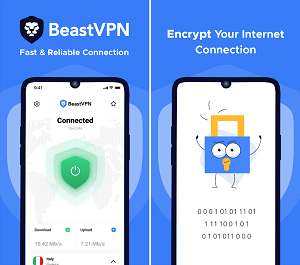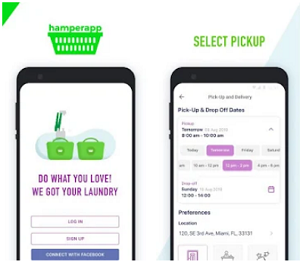When most people think about the possibility of identity
theft, they imagine it occurring when important accounts get hacked or
otherwise invaded—places with your credit card and personal information on
file, such as Netflix, Amazon, iTunes, etc. But what you may not be aware of
are several places on the web where you have personal information—full legal
name, address, phone number, and more—readily available for prying eyes to look
over. Here are 3 kinds of websites that you should be more cautious of using
your personal information on:
Online Petitions
Like most people, your email account has probably been
bombarded over the years with online petitions looking to save various parts of
the world, impeach certain Congress members, and more. Unfortunately, if you do
happen to sign your name to these things, your interest in being an involved
citizen may make you more vulnerable to identity thieves. Names, home
addresses, and phone numbers are some of the key bits an identity thief needs
to begin searching the Internet for a possible way into your life, and online
petitions are appealing targets because they have tons of personal info in one
convenient place, oftentimes without particularly high security.
You don’t have to immediately trashcan every single petition
that makes it into your digital mailbox, but you can be respectfully cautious
with your information, and make sure to leave only what is absolutely necessary
on the form.
Smaller Stores With A Custom Website
If you purchase anything from a specialty store, or from a
more traditional mom-and-pop establishment, you may end up with an online
account that doesn’t quite have the security of a large-scale retail chain.
Security is getting better—and easier to implement—all the time, but there are
still a few websites out there with merchant accounts that keep your credit
card info on file that you’d be better off closing. So if you buy a $3,000
custom acoustic guitar from a local maker with a website from the mid 90’s, you
might be better off doing all of your business with him in person instead.
Online Job Boards
Millions of people hunt for jobs online; it’s become the
dominant form for employment searches, and that isn’t going to change anytime
soon. So while most of us will have to do this—probably multiple times—during
the course of our careers, you can at least be careful where you stick that
resume. Your name, address, phone number, work history, and school information
are incredibly important pieces of information, and you don’t want them posted
on every job board available, no matter how dubious the quality, out of the
fear that you’ll miss some important networking opportunities. Stick with the
reputable places, and don’t worry about missing out on any choice employers
that only hunt on obscure websites for their staff.
Author bio:
John is a blogger whose family member had his debit card
number stolen when he purchased a custom guitar from a local business’s website
with a horrible merchant system and account security. He writes for Internet insurer Protect Your
Bubble, a company that can help protect your identity from the more
unscrupulous people on the web.



